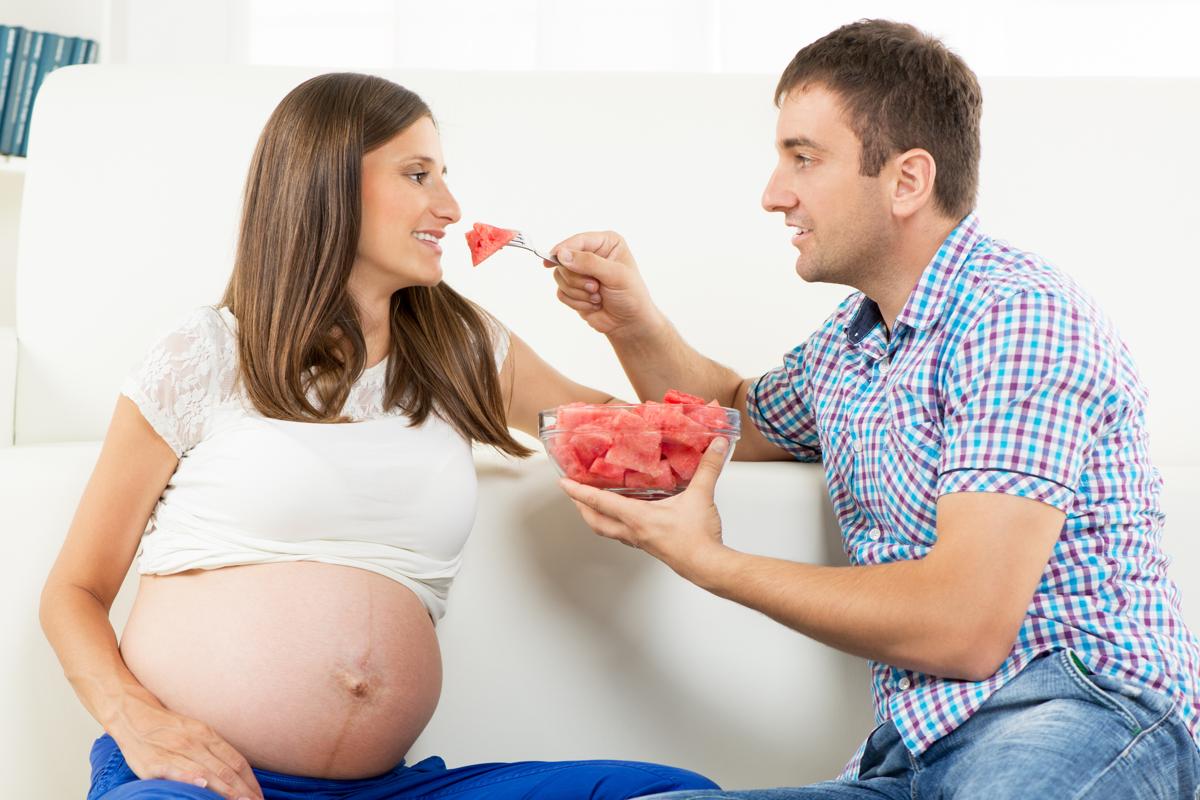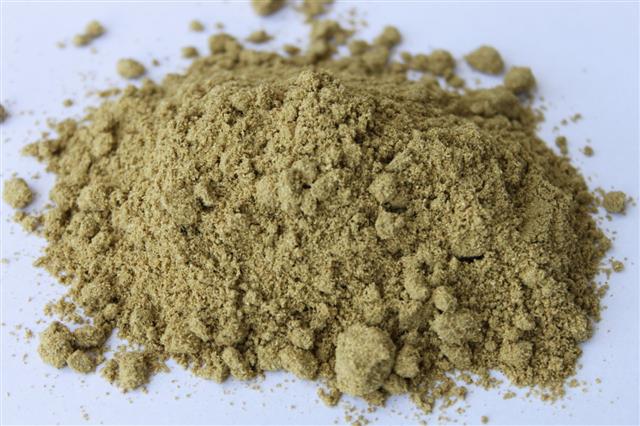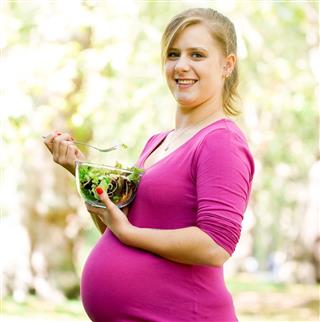
Vomiting during pregnancy can be treated by making changes in diet and using home remedies. Here are tips on treatment and prevention of morning sickness.
Nausea and vomiting is one of the most uncomfortable conditions experienced by people. However, it is a very common phenomenon during pregnancy and is considered as a sign that everything is normal. Nausea and vomiting in pregnancy are caused due to hormonal changes. Although, vomiting is a regarded as a positive sign in pregnancy, it is nonetheless sickening. If you too are suffering from this problem, you may be looking for tips to ease the discomfort.
Treating Nausea and Vomiting During Pregnancy
Although vomiting is a common phenomenon related pregnancy, excessive nausea can bring about a general feeling of illness. Vomiting can cause dehydration which can be severe and can lead to several other complications. Therefore, it is essential to treat nausea and vomiting during pregnancy. If you are looking for medication, you will find several over-the-counter and prescription medications used to treat vomiting. Over-the-counter electrolyte solutions can also help in treating the dehydration and fluid imbalance caused due to vomiting. Apart from the regular medications, there are several other home remedies that can help in treating vomiting caused during pregnancy.
Home Remedies
- Ginger powder is considered as one of the best methods for treating nausea and vomiting. It is easily available in the market and the dose should be taken on consulting the doctor.
- Salty foods are found to keep nausea and vomiting at bay in many women. Therefore, you can also try having some salted fries or pretzels to get rid of nausea.
- Eating dry crackers first thing in the morning is also considered as one of the best ways to treat vomiting.
- If you are wondering how to stop vomiting throughout the day, then you can suck on peppermint gums, Popsicles; have gelatin desserts or ice cream.
Changes in Diet
- One of the most important tips to remember in order to treat moring sickness at night or during the day is to avoid foods, drinks, smells, cigarette smoke that trigger off vomiting.
- You should avoid eating foods that are too spicy, too hot, too oily or extensively processed.
- You should eat small and frequent meals, 4-5 times during the day. Do not overeat; and neither starve as both these conditions can lead to nausea.
- Consuming refined carbohydrates can lead to fluctuations in the blood sugar level. Therefore, it is advisable to have complex carbohydrates and proteins in your diet, rather than refined carbohydrates.
- You should avoid having alcohol, caffeine containing products. You should rather go for herbal tea, fresh fruits juices and have 7-8 glasses of water.
Miscellaneous Tips
- Nausea and vomiting caused during pregnancy is termed as morning sickness. This is because the nausea is experienced mostly early morning. You should, therefore in the morning, avoid eating things that may cause nausea.
- Pregnant women should avoid sudden moments and also avoid getting up suddenly from the bed in the morning in order to get rid of nausea.
- Another tip is to let fresh air circulate in the room throughout the day and night. A damp, warm room can cause nausea.
- You should take rest as much as possible and always lie with a pillow under your head.
- You should eat light snacks like a whole grain sandwich or cereal in the morning to curb vomiting. These are also the foods to be consumed if you feel hungry in the middle of the night.
- Lastly, remember that you should not lie down immediately after eating as it is one of the common causes of acid reflux, nausea and vomiting.
Making changes in the diet and taking adequate amounts of rest helps in treating abdominal discomfort in pregnancy. Lastly, as a word of caution, note that if none of these methods help and if weakness or dehydration is observed, it is wise to look for emergency medical treatment or consult a doctor.








